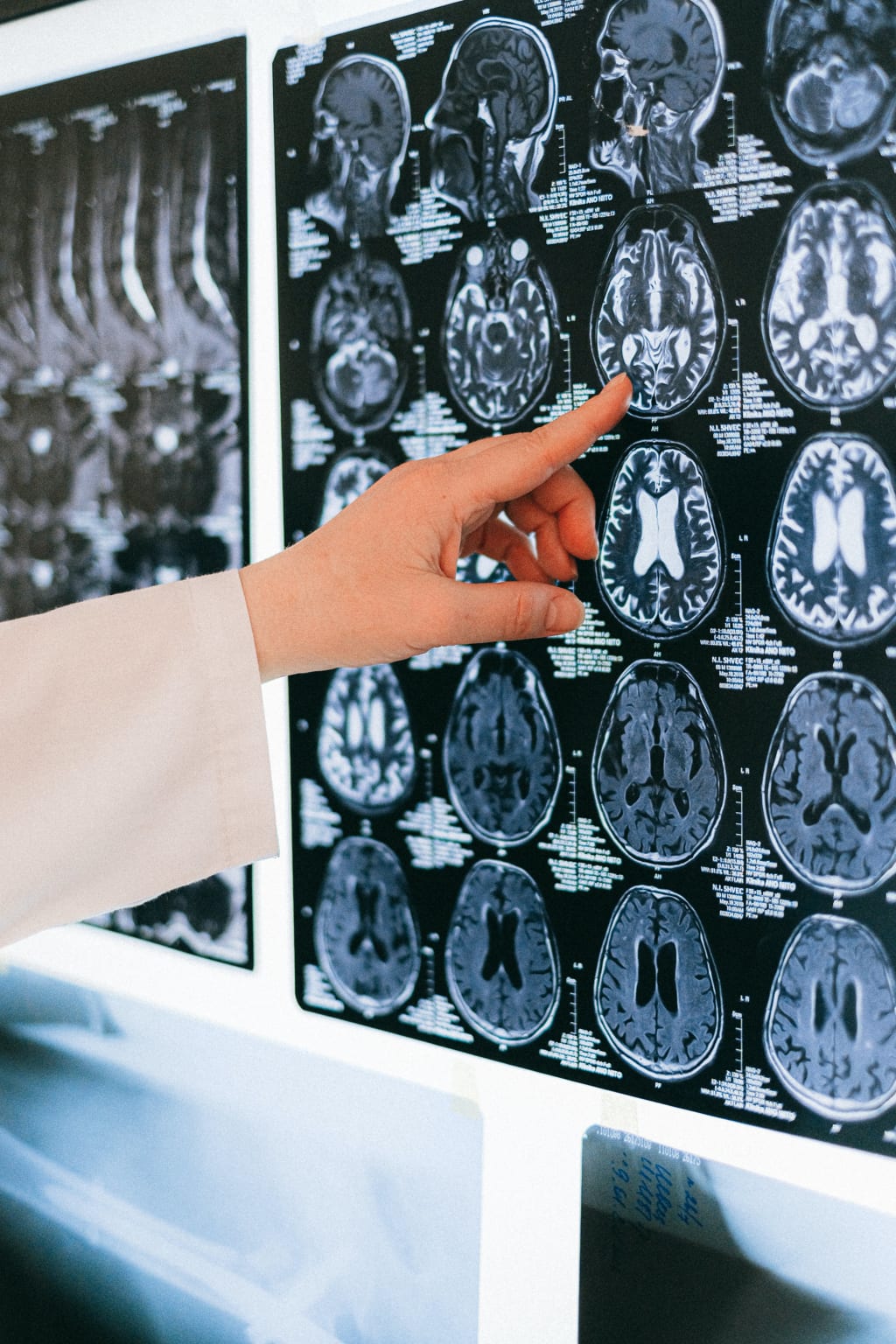Debunking Myths About the Human Brain: Insights from Neurology Experts
Dr. Santoshi Bilakota and Dr. Brad Kamitaki Dispel Common Misconceptions Surrounding Brain Function

In a recent interview, Dr. Santoshi Bilakota, Clinical Assistant Professor in Neurology at NYU Grossman School of Medicine, and Dr. Brad Kamitaki, Neurologist and Assistant Professor at Rutgers Robert Wood Johnson Medical School, addressed and debunked several prevalent myths about the human brain. Here's a breakdown of their insights.
Myth 1: "The Bigger the Brain, the Smarter the Creature"
Dr. Bilakota explained that brain size doesn't directly correlate with intelligence. While some creatures have larger brains, it's the complexity and development of specific brain areas that determine intelligence. They emphasized that factors like language centers and overall complexity play a more crucial role in determining intelligence.
Myth 2: "IQ Tests Are an Accurate Measure of Intelligence"
Dr. Kamitaki highlighted the limitations of IQ tests, emphasizing that they provide only an approximation of cognitive abilities. Intelligence is multifaceted, influenced by various factors such as emotions, social intelligence, and education. The doctors emphasized the importance of a broader view of intelligence beyond standardized tests.
Myth 3: "We Only Use 10% of Our Brains"
The notion that humans only use a small percentage of their brains was debunked by Dr. Bilakota. Advanced imaging techniques like PET MRI and functional MRI studies show that different parts of the brain are active during various tasks. While not all parts are active simultaneously, we do use most of our brain at different times.
Myth 4: "Video Games Rot Your Brain"
Contrary to the belief that video games are detrimental, Dr. Kamitaki explained that certain games, particularly those focusing on problem-solving and strategy, can be beneficial. The key is moderation, and excessive gaming leading to withdrawal from social activities is a red flag.
Myth 5: "Memory Gets Worse as You Age"
Dr. Bilakota clarified that not all types of memory decline with age. While episodic memory (memory of recent events) might decline, other types, such as semantic and procedural memory, can improve. Healthy lifestyle choices, including diet and exercise, contribute to maintaining cognitive function.
Myth 6: "Left Brain People Are Logical, and Right-Brained People Are Creative"
Dr. Kamitaki dispelled the myth of inherent left or right-brained dominance determining logical or creative tendencies. Brain hemispheric dominance is more about language and verbal memory, and individual skills and talents develop through various factors, not just brain hemisphere dominance.
Myth 7: "You Can't Prevent a Stroke"
Dr. Bilakota emphasized that strokes are preventable by addressing risk factors such as high blood pressure, smoking, high cholesterol, and diabetes. Prompt recognition of stroke symptoms and seeking medical help can significantly reduce the impact of a stroke.
Myth 8: "Eating Fish Makes You Smarter"
While fish, rich in omega-3 fatty acids, is beneficial for overall health, Dr. Kamitaki clarified that it doesn't directly make one smarter. Incorporating fish into a balanced diet, like the Mediterranean diet, is recommended for its positive impact on cardiovascular and brain health.
Myth 9: "You Can Always Trust Your Senses"
Dr. Bilakota cautioned against blindly trusting senses, as they can be influenced by emotions, memories, and individual variations. Perception can be subjective, and illusions or hallucinations can occur, highlighting the need for a nuanced understanding of sensory experiences.
Myth 10: "Different Sexes Have Different Brains"
Dispelling the notion of structural brain differences between genders, Dr. Kamitaki explained that studies show more similarities than differences. Brain development is influenced by exposure and experiences, with no inherent structural variations based on gender.
Myth 11: "If You Have a Seizure, You Have Epilepsy"
Dr. Bilakota emphasized the distinction between a seizure and epilepsy, clarifying that not all seizures indicate epilepsy. Proper diagnosis, including tests like EEG and imaging, is crucial. If epilepsy is diagnosed, consistent medication and communication with healthcare professionals are key to managing the condition.
In conclusion, Dr. Bilakota and Dr. Kamitaki urged individuals to take care of their brains through research and informed decision-making, emphasizing the importance of dispelling common myths to promote a better understanding of brain health.
About the Creator
Enjoyed the story? Support the Creator.
Subscribe for free to receive all their stories in your feed. You could also pledge your support or give them a one-off tip, letting them know you appreciate their work.






Comments
There are no comments for this story
Be the first to respond and start the conversation.